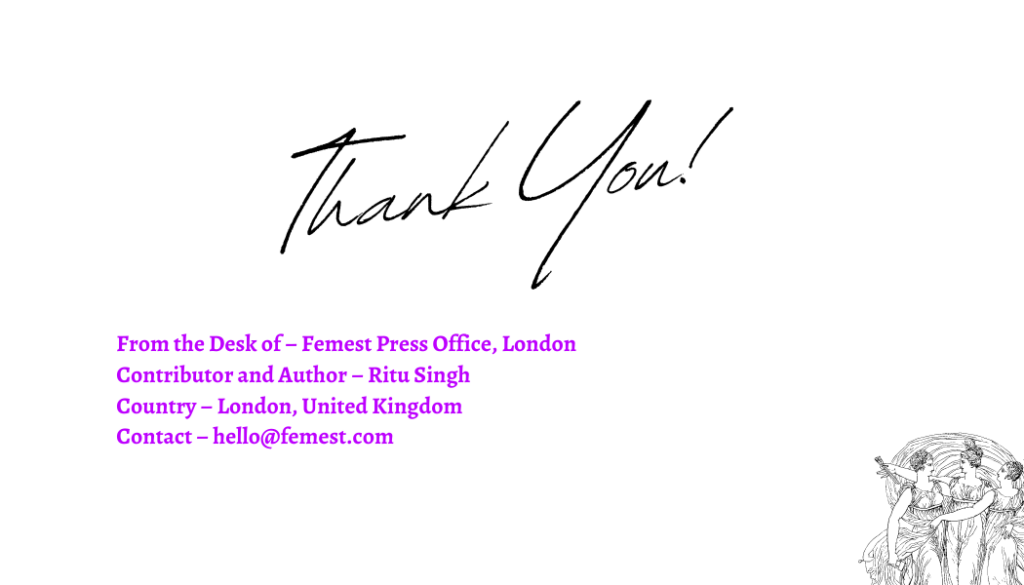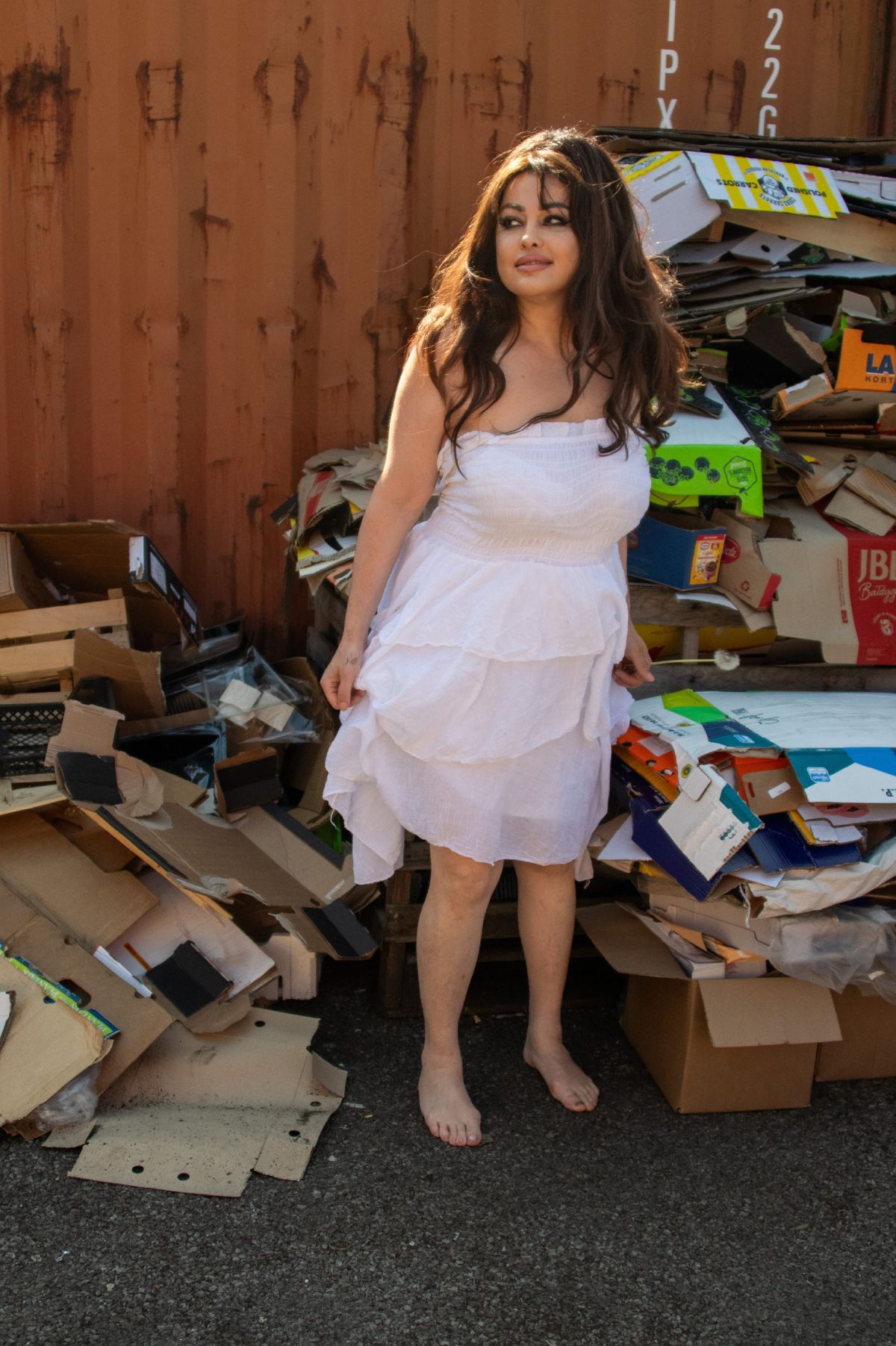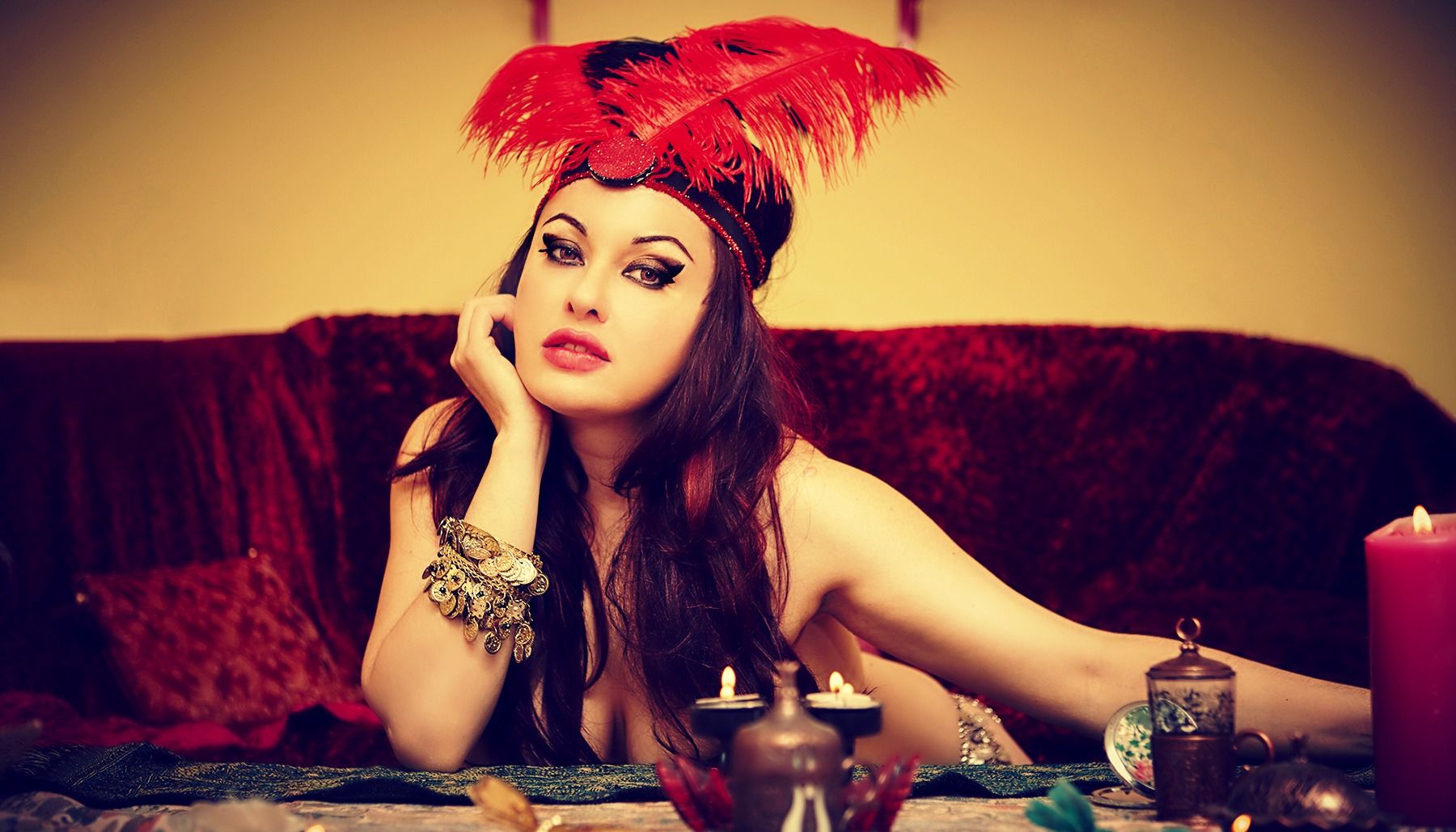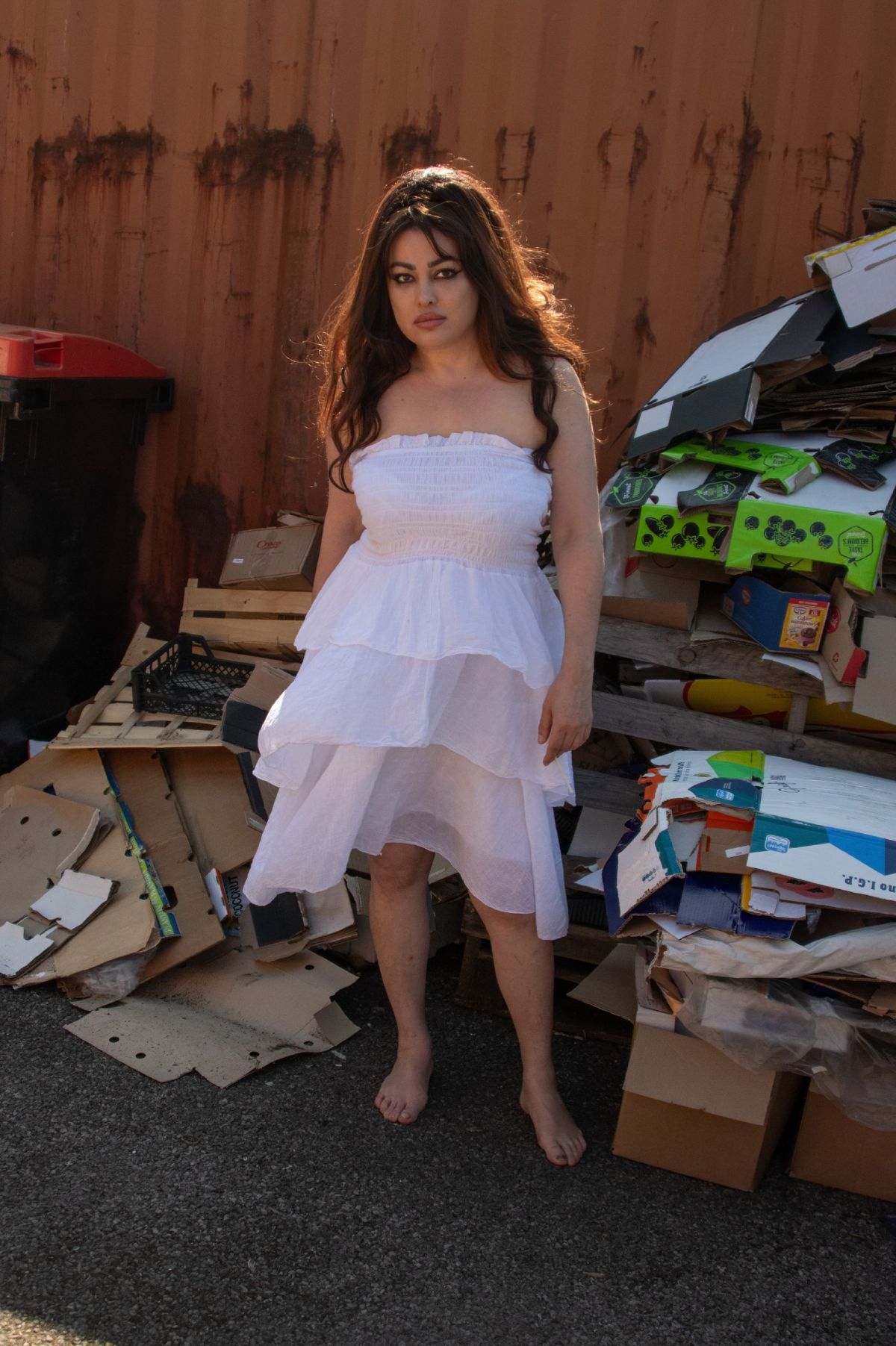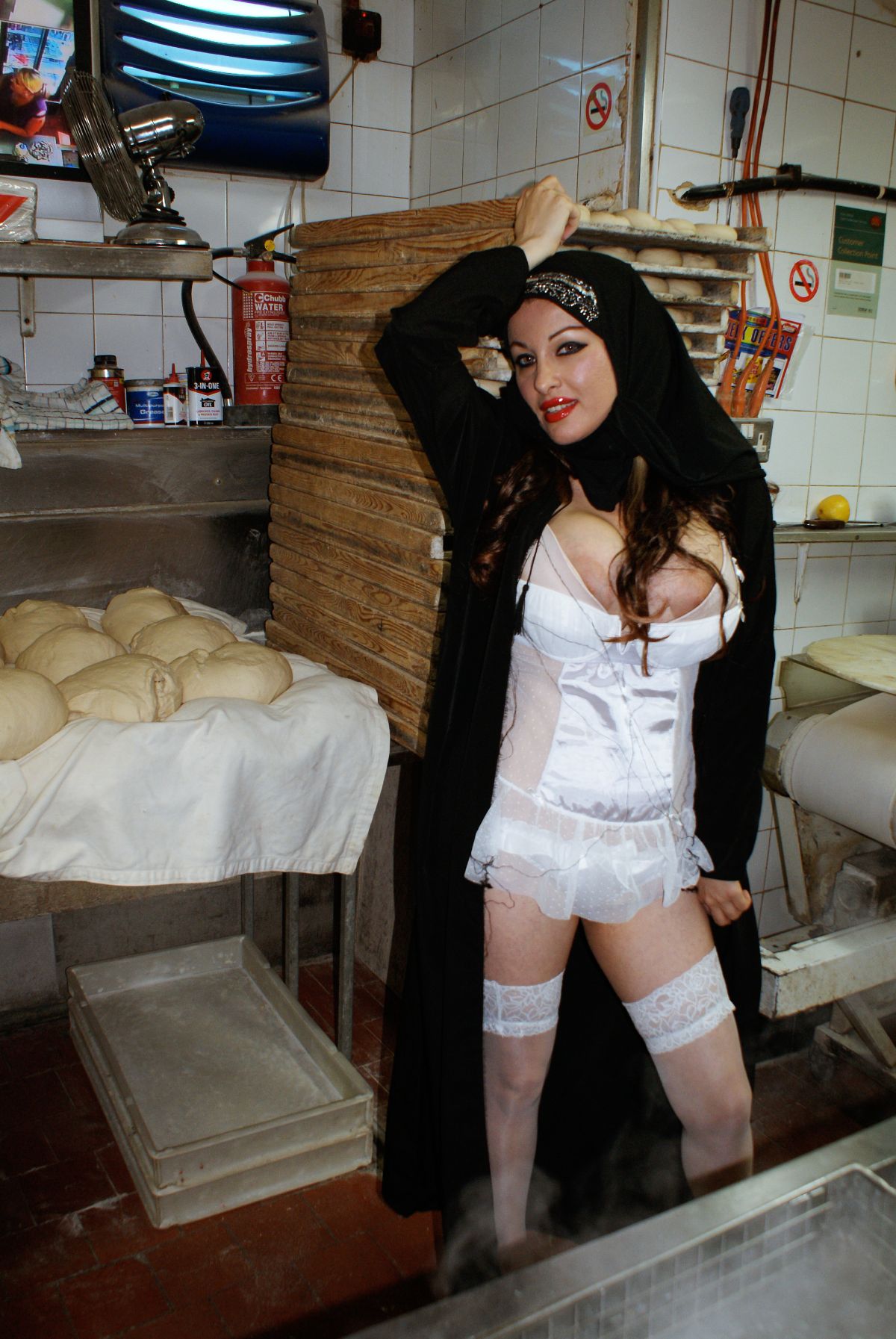Roxana grew up in Tehran, faced exile, and lived through challenges most could never imagine. Through her writing and storytelling, she speaks her truth, challenges stereotypes, and shows the courage, strength, and resilience of women everywhere. Her journey is bold, honest, and inspiring. Let’s uncover her journey, in her own words, in this exclusive interview.
Can you tell us a bit about your childhood in Tehran and what you remember most from those early days?
My childhood in Tehran was filled with love, colour, community, and lots of family gatherings. Fruit trees all over the neighbourhood, sleeping on the rooftop on hot summer nights, ancient bath houses, banquets of food, my grandmother’s angelic aura and presence to everyone and revolutionary activity everywhere around me.
It was a mix of the Shah’s times with short skirts and pop music everything and the intense political activity and imprisonment of my family, some tortured by the Shah’s regime and then the revolution and a new climate of intense fear.
But all this was set against a background of huge family/neighbourhood/community banquets, dancing, poetry recitals and playing with tons of other kids. It was pure unadulterated love and colour.
What made you want to go back to Iran, even though it was risky for you?
I died on the day I was sent to England. My childhood died, my soul died. I was never the same again. Nothing helped: sex, rock n roll, sleeping with rock legends, travel…nothing made me feel real again, except going back to Iran. Because of my first book The Last Living Slut, of course it was risky for me to go with my passport via the normal route.
When I kept being told that I could not get a job in the UK where I live because I was too controversial and did not fit the ‘brand-safe’ image of an Iranian woman, even after 1000s of job applications, this prejudice and ostracization made me feel even more outcast, that I did not belong in a country where I would always be ‘The Other’.
This gave me the kick to go and find my peace again in my own country. The only place where I have felt love and belonging.
How did leaving Iran at such a young age change your sense of who you are?
It severed the flow of childhood abruptly. It was a train crash to my body, brain and soul. From the warm cocoon of love and community, child play, a fantastic school and education, friends who were my family, the flow of family-centric culture, food and a focus on poetry, literature, and music within a big family, into a rough council estate alone in England where there was hunger, total isolation, racism, and watching my grandmother die.
So I guess the trauma in my body and mental health has left its mark and caused me tons of health issues to this day. There is always an anger, an emptiness, and a sense that I died at the age of ten and am incomplete and nothing had filled that void.
What was it like writing about topics that many people consider taboo, both in Iran and in the West?
I haven’t written anything taboo. Child abuse, racism, sex and domestic violence are not taboo. People write about them all the time.
Was there a moment when you felt truly scared or free during your journey for your new book?
I didn’t feel scared; I felt like this is my human right to be in a place where I am not The Other. The only time I felt scared was when I was dating the mafia boss and with the Ku Klux Klan.
Your stories talk a lot about female strength. Where do you think your courage comes from?
My mother, my grandmother. Also, when you have had to become an adult at the age of ten, and be a street hustler, you have the toughness of an ox. Having said that, I am really tired of having had to constantly be strong and courageous for over 40 years. I just want to be given a chance, someone to not be prejudiced and gives me a job and not be vilified all the time. It is so tiring.
How do music and poetry shape your writing, and what do they mean to you personally?
Leonard Cohen and Jim Morrison have influenced me from a young age. Both of their poetry has had a heavy influence on me. When I was a ‘notorious groupie’ with rock bands, I felt the music of Guns ‘n’ Roses, Aerosmith, Black Sabbath and even the Rat Pack who I really adore were the closest thing I felt to feeling alive: Sinatra because I am obsessed with him and Ava Gardner and classic and hard rock because it resonated with the street hustler, poverty-ridden, ghetto girl in me.
Jim Morrison’s words and Lennon and McCartney’s lyrics have given me the surrealism absurdism and English Vaudevillian humour is exactly how I write and my biggest influence. Americans don’t get satire, banter, innuendos and self-deprecation in the way that I write.
Have you ever felt judged by your own community because you refused to stay silent?
Yes totally. Whereas men are idolized and championed for ‘rock n roll’ behaviour, even having sex with underage groupies and even writing books about them, women in turn are vilified and demonized for having sex, writing about it and talking about those experiences. In rock n roll, only men are allowed to partake in it, its spirit of transgression and rebellion. Women are supposed to be mute dolls. Well, that’s not really rock n roll is it?
What message do you hope people will get from reading your books?
My answer would be that people reading my books can see how the rock n roll world vilifies women and glorifies men, even those who have sex with underage girls like David Bowie.
Also, how it is only those who represent a stereotype of Middle Eastern women as oppressed victims or those making Iran look evil and dark are given a platform in mainstream media because it is the only narrative the mainstream media wants. Voices like mine are invisibilized and not given a platform because it doesn’t fit that stereotype.
When life feels overwhelming, what small things or habits help you keep going?
Sleeping a lot and hiding in my room under the blankets in the dark.
Is there a part of your writing process that feels especially meaningful or even healing for you?
Writing about the rock legend was healing and brought out warm feelings. I still swoon at him when I see him.
When you think about everything you’ve been through, what are you most proud of today?
Interviewing the Ku Klux Klan, infiltrating a sex trafficking ring and helping police prosecute the perpetrators, and rescuing animals. Staying alive and being able to buy food and pay bills despite not being able to get a job since 2010.

If you could change one thing about how the world sees women from Iran, what would it be?
The world is a big place! Everyone sees people in different ways! This could be said about any nationality.
